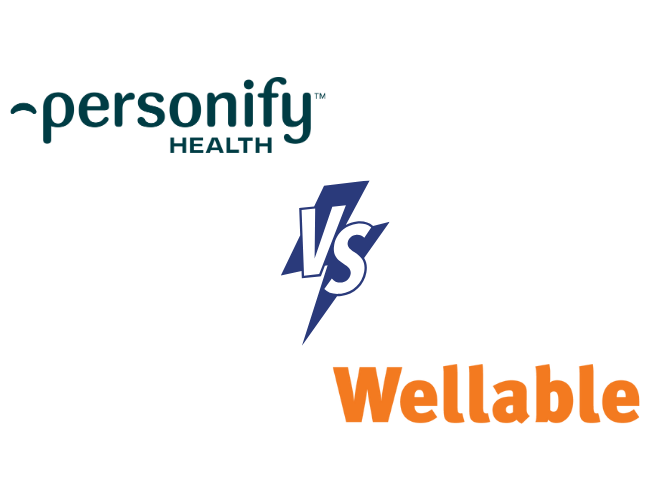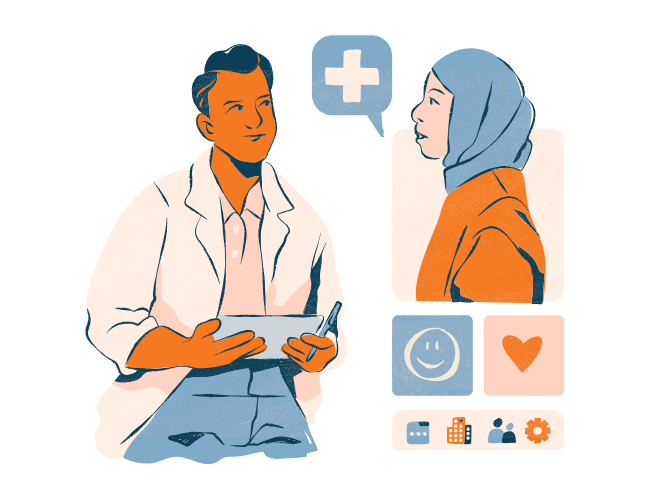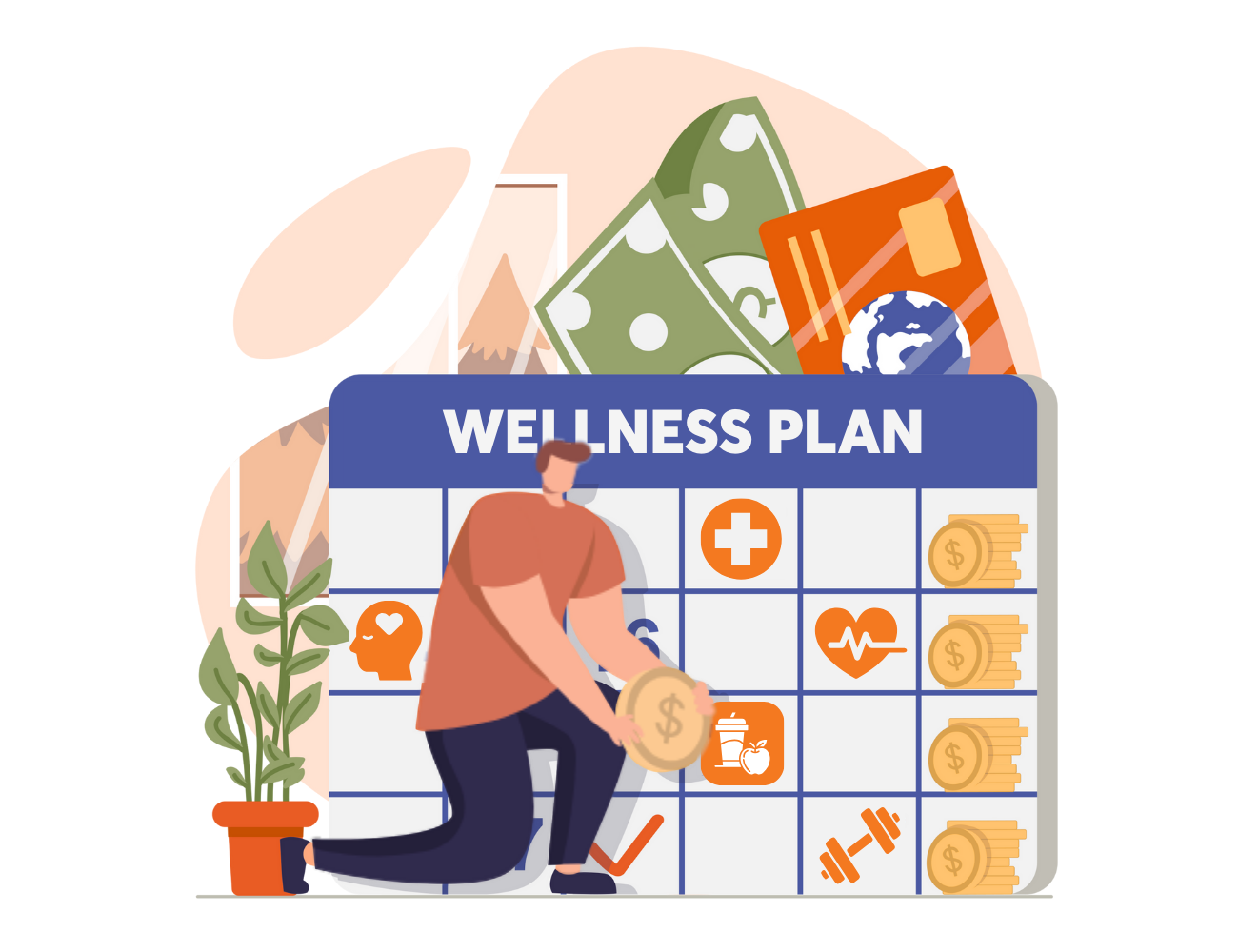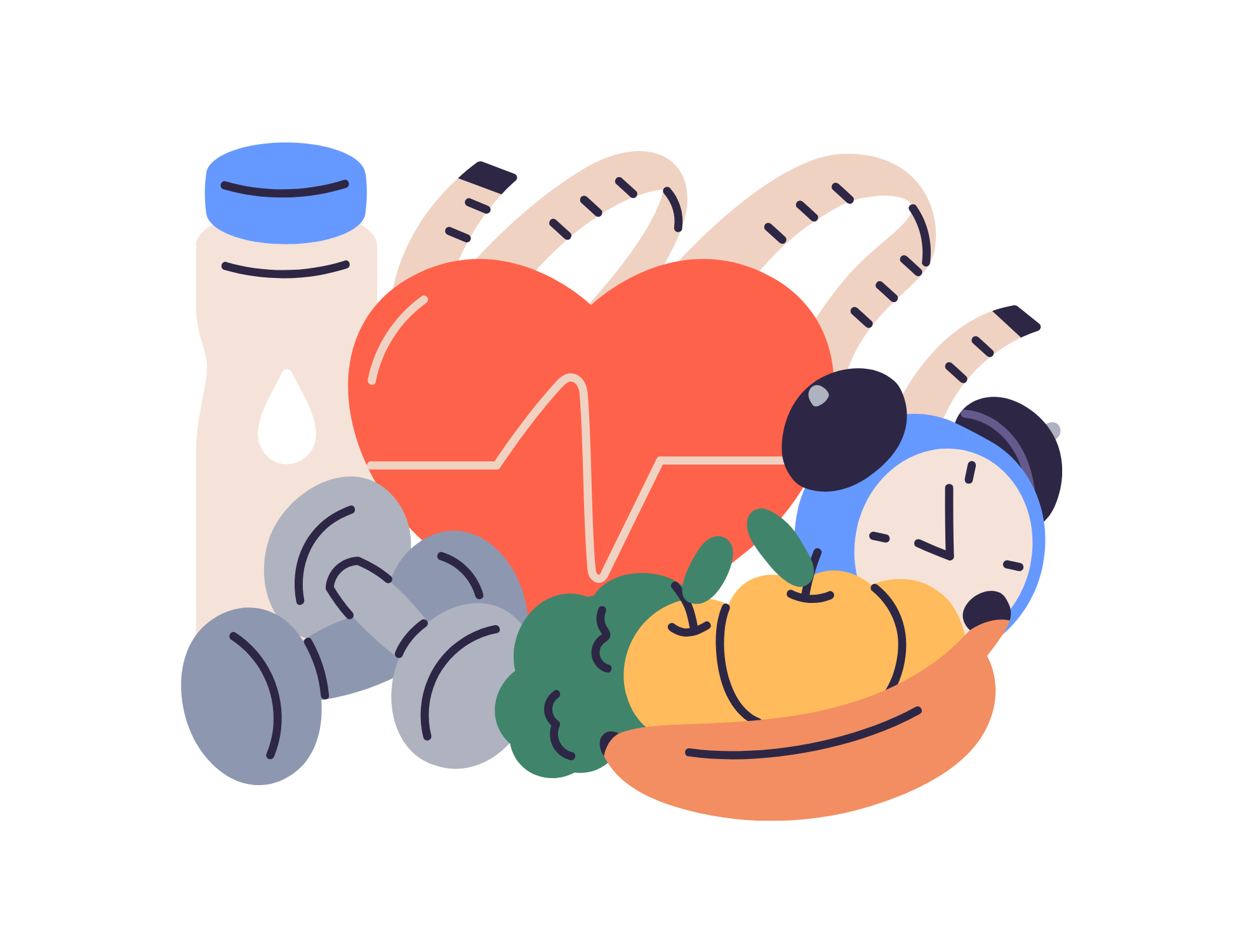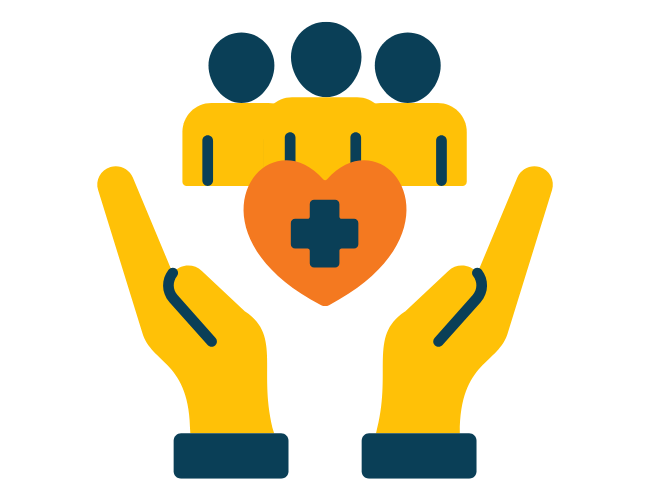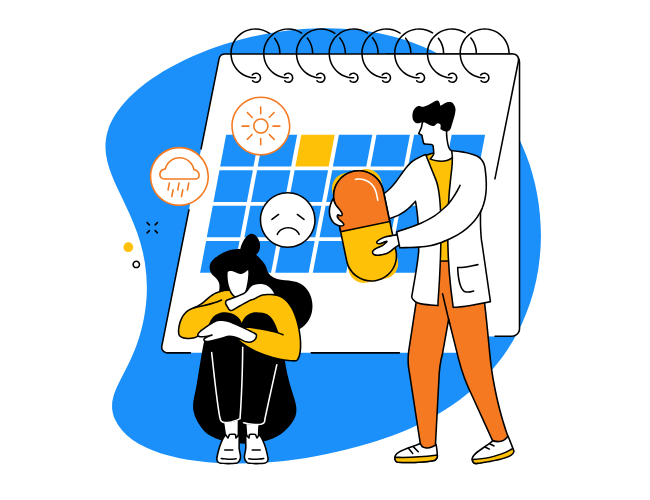Nutrition tracking has a mixed reputation. Traditionally associated with calorie counting and weight loss, it can raise skepticism, especially among advocates of holistic wellness.
Today, this tool has evolved to support various health and well-being goals. However, using it effectively requires mindfulness, avoiding strict dietary rules, and promoting a healthy relationship with food.

For employers, implementing nutrition tracking can be a meaningful step towards a holistic and inclusive health approach. By respecting individual nutritional needs and avoiding a one-size-fits-all approach, employers can challenge outdated notions and cater to the unique wellness journeys of their workforce.
Pressed for time? Here’s a quick summary…
- Caloric needs: Caloric needs vary widely depending on age, gender, weight, genetics, activity level, metabolic rate, and individual health goals, making a universal diet approach ineffective.
- Modern nutrition concepts: Concepts like food neutrality and Health At Every Size (HAES) recognize that all foods can fit into a balanced diet and that health is not just about weight or body size. They encourage an inclusive, holistic approach to health.
- Nutrition tracking advantages & risks: Nutrition tracking provides a comprehensive view of nutrition for diverse health needs, but misuse can lead to fixation on numbers and rigid dieting, potentially causing disordered eating behaviors and harm to mental health.
- Role of HR professionals: HR should support, not dictate, employees’ health journeys and decisions. This involves investing in equitable wellness programs, moving away from one-size-fits-all views of health, and providing initiatives that support varied goals and lifestyles, like wellness challenges and healthy snack options.
Personal Nature Of Caloric Needs
Bio-individuality refers to the unique aspects of each person that influence their nutritional needs. This concept acknowledges that what works for one person may not work for another, making a universal diet approach ineffective.
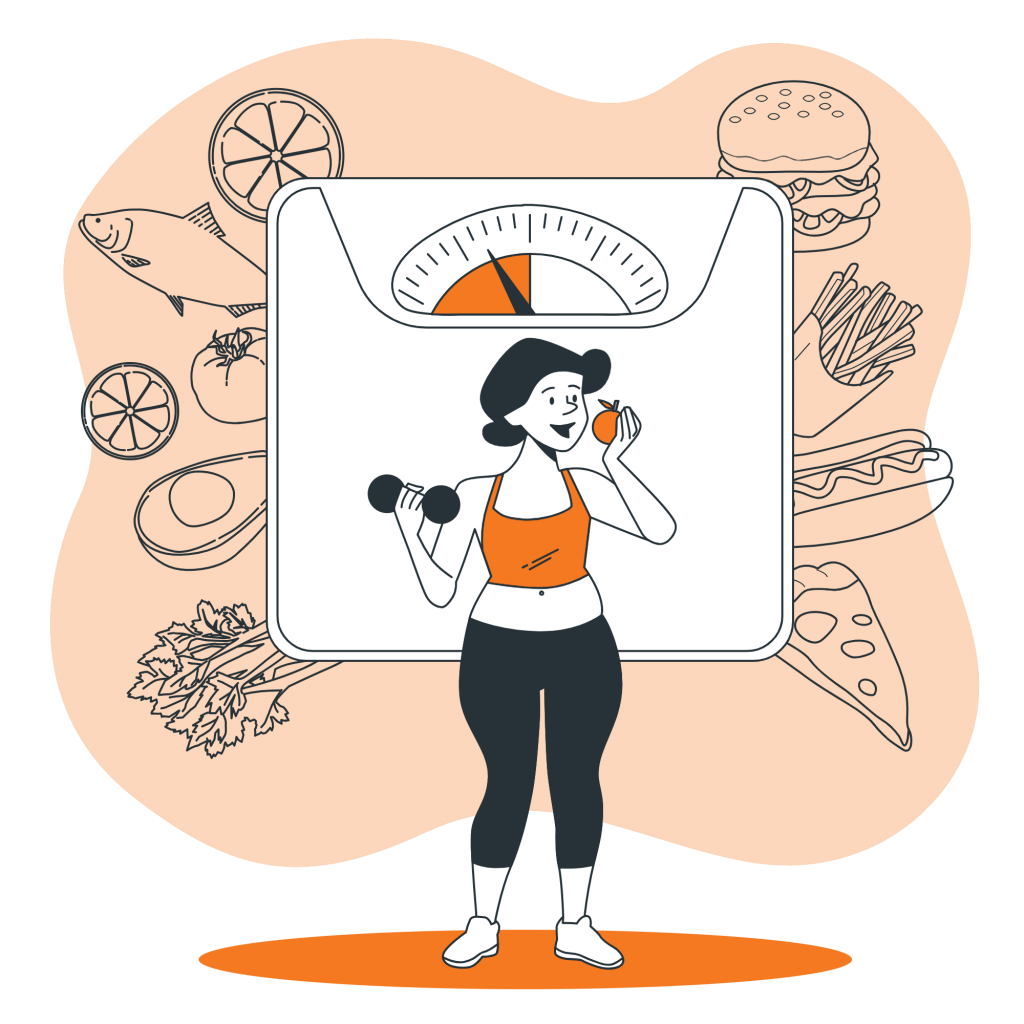
Factors Influencing Caloric Needs
Caloric needs vary widely depending on several factors, including age, gender, weight, and genetics, along with:
- Activity level: Active lifestyles need more calories for energy, while sedentary ones require fewer.
- Metabolic rate: The rate at which bodies convert food to energy varies greatly, meaning that two people of the same age, sex, and weight might have drastically different caloric needs.
- Personal health goals: Goals like maintaining energy levels, managing a medical condition, or improving physical fitness influence the type and quantity of calories needed.
Therefore, nutrition tracking isn’t about counting calories—it’s about aligning eating habits with individual needs and health goals.
For HR professionals integrating nutrition tracking in wellness programs, the aim should be to empower employees to discover and meet these unique needs, not to impose a standard diet.
A Modern Look At Nutrition
Modern concepts like food neutrality and Health at Every Size (HAES) are reshaping perspectives on diet and wellness. These ideas emphasize a holistic and inclusive approach, moving away from restrictive labels and narrow definitions of health.

Food Neutrality
Food neutrality challenges the labeling of foods as “good” or “bad.” It recognizes that all foods can fit into a balanced diet, and it’s the context and consumption patterns that matter. This approach helps to build a healthier relationship with food, where choices are not dictated by control or guilt.

Tracking nutrition, not as a means of restriction but as a tool for awareness, can help employees:
- Become more mindful of their eating habits
- Understand their bodies’ reactions to different foods
- Make informed choices that align with their well-being goals, whether it’s ordering a salad or enjoying an ice cream.
Health At Every Size (HAES)
HAES recognizes that well-being is not exclusively tied to weight. It challenges body size as the sole indicator of health, promoting a respectful, inclusive, and holistic approach to wellness.

When aligned with HAES principles, nutrition tracking focuses on nourishment rather than calorie restriction or fitting into specific body standards. It becomes a tool for:
- Understanding and meeting the body’s needs
- Celebrating diverse body types
- Promoting healthful behaviors irrespective of size
Nutrition Tracking As Personal Tools: Pros & Cons
Nutrition tracking can empower employees to achieve better health and well-being. However, they come with both advantages and potential risks. Understanding these can help HR professionals guide their teams toward a healthy, balanced use of this tool.
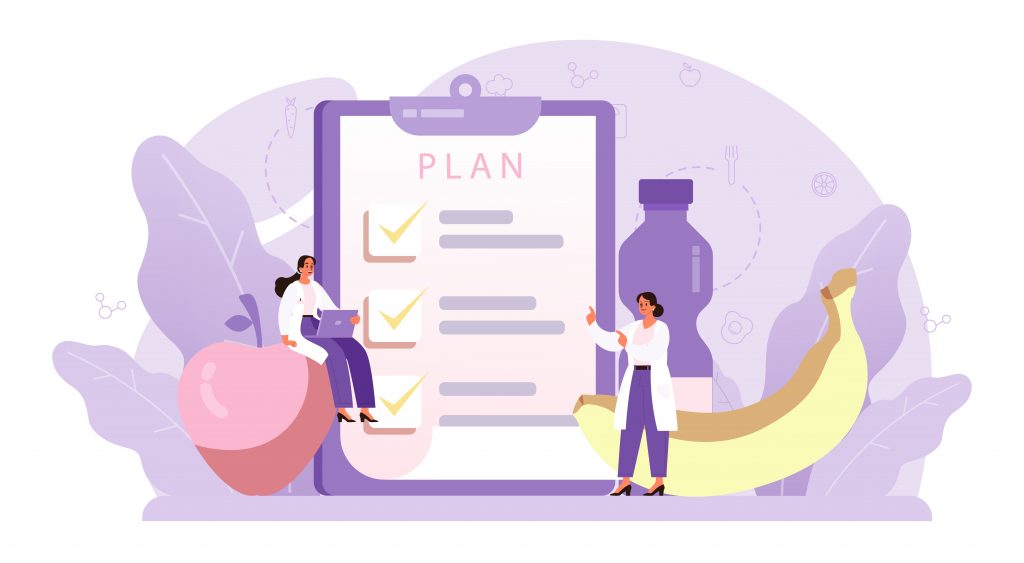
Advantages Of Nutrition Tracking
- Versatility in dietary metrics tracking: Nutrition apps can often monitor several dietary metrics, including macronutrients, vitamins, water intake, and more. This comprehensive tracking supports a wide range of dietary needs and health goals.
- Tailored support for individual goals: Nutrition tracking can be used to identify nutritional deficiencies or excesses, guiding users toward a more balanced diet. For instance, a user might discover they consistently under-consume protein, leading to adjustments in their diet to better support muscle health and energy levels.
- Boosting overall well-being: Understanding and meeting personal nutritional needs can lead to improved mood, energy levels, and overall health. It also fosters a sense of autonomy and self-awareness, key components of mental health.
Risks Of Obsessive Tracking
- Fixation & rigid dieting: A fixation on numbers can lead to rigid dieting practices and app dependency, detracting from the goal of maintaining a balanced diet.
- Potential for disordered eating patterns: Without careful use, nutrition apps can lead to or exacerbate disordered eating patterns. Constant monitoring and strict dietary control can create an unhealthy obsession with food and negatively impact one’s relationship with eating.
- Impact on mental well-being: The pressure to meet predetermined goals can lead to feelings of disappointment, guilt, and anxiety, adversely affecting mental health.
Role Of HR In Individual Nutritional Decisions
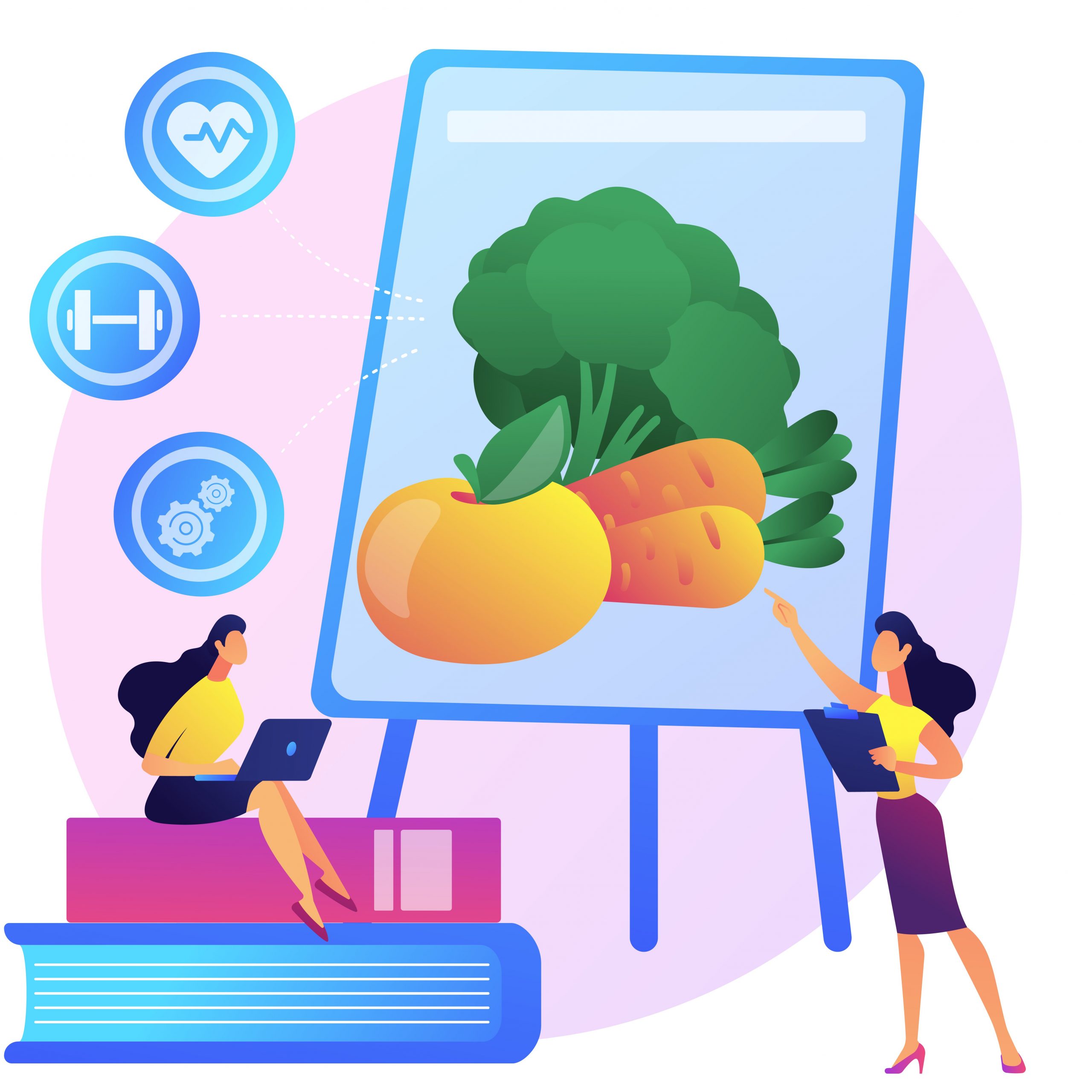
While HR professionals and workplace wellness coordinators play a crucial role in wellness initiatives, their role is not to make health judgments or decisions for employees.
Employees have unique and complex dietary needs, making them the best decision-makers for their health, supported by tools like nutrition tracking apps, wellness programs, and professional advice. In line with this, Wellable doesn’t interpret individual nutrition data, recognizing this as beyond the scope of workplace wellness programs.
To support and empower employees on their unique health journeys, consider the following key strategies:
- Invest in equitable wellness programs: Inclusive wellness programs, such as that of Wellable’s, should offer various ways to earn points, catering to different interests and abilities. This flexible and inclusive approach makes wellness accessible and engaging for everyone.
- Move away from one-size-fits-all metrics in nutrition tracking: Wellness should cover a spectrum of healthy behaviors, acknowledging the diverse and personal nature of health.
- Create a culture of personalized health: Create a supportive environment through initiatives like providing healthy snacks, organizing wellness challenges, or offering flexible work arrangements for health activities. These demonstrate a commitment to supporting varied health goals and lifestyles.


